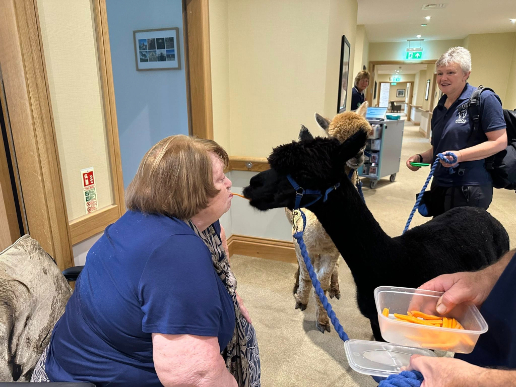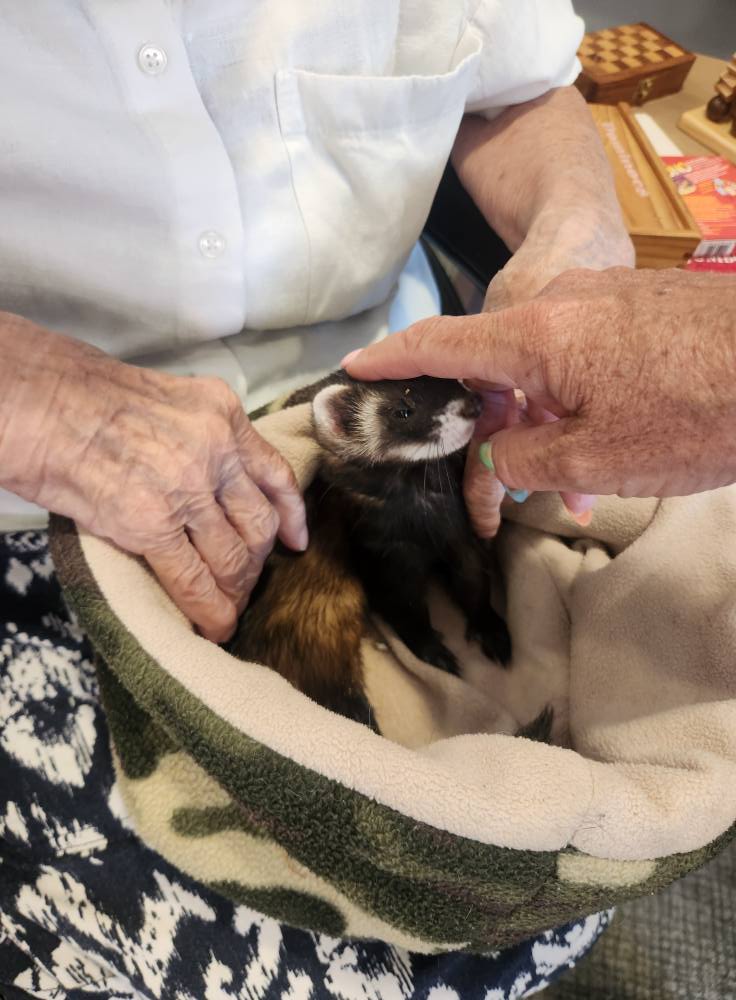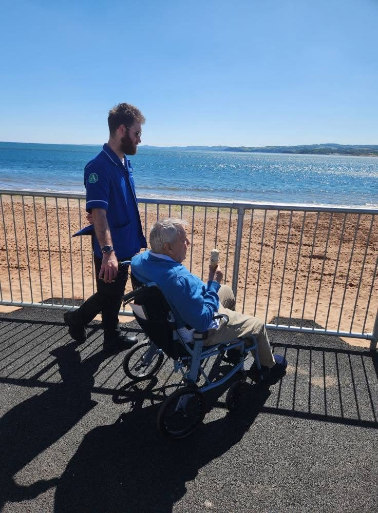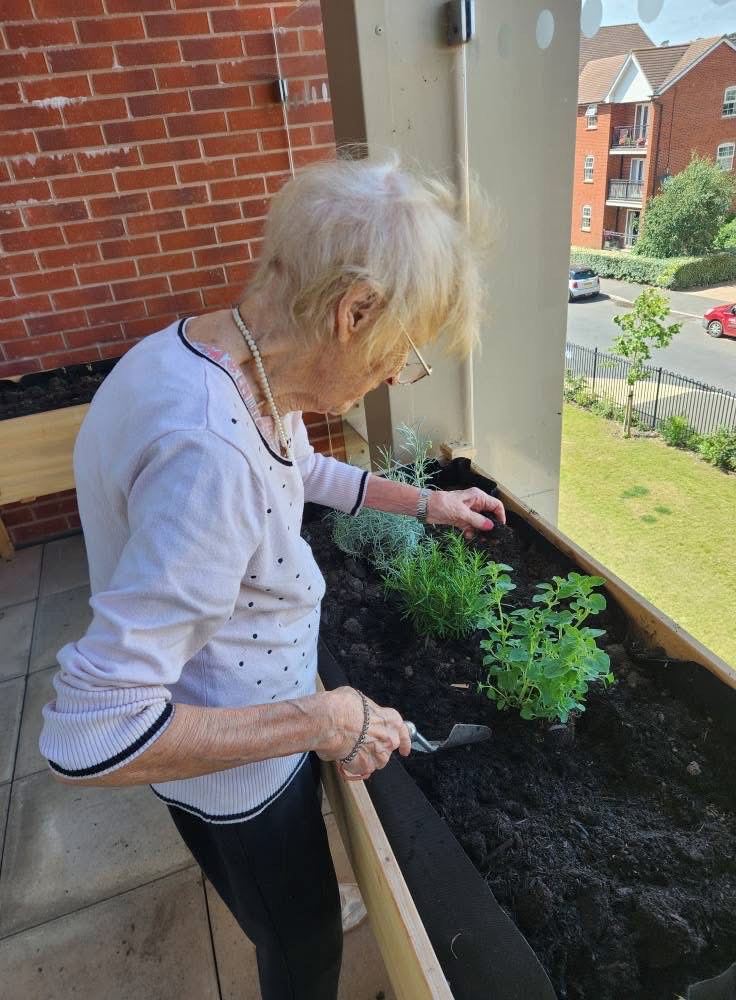How Care Homes Help to Improve the Wellbeing of Older People
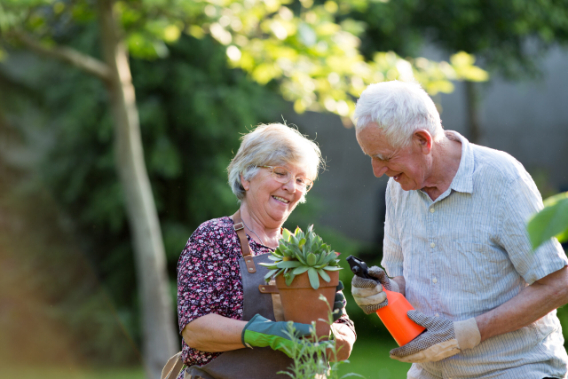
The overall health and wellbeing of residents living in a care home is something that, we believe, should always be a number one priority. Care home residents are the very heart of a care home, and should be presented with an abundance of opportunities to try new things, continue hobbies, socialise and be mentally and physically active. Activity and Wellbeing Coordinators are essential in a care home; responsible for ensuring residents are holistically cared for and every individual is given the opportunity to live a rich and fulfilled life.
5 Ways Care Homes Improve the Wellbeing of Older People
- Support Mental, Physical & Emotional Wellbeing
All-inclusive care homes are equipped to provide comprehensive personal care to their residents; staff are able to care for each individual as a whole, supporting residents' wellbeing, medical, mental, physical and emotional needs. This means care homes not only provide a safe and welcoming place to live, but it also provides social opportunities. Also referred to as ‘group living’, care homes naturally expose residents to social opportunities, from shared dining spaces to regular arts and crafts group sessions.
Comprehensive care covers mental, physical and emotional wellbeing and cares for a resident as a whole. From administering medication and supporting daily activities to group excursions, residents residing in a care home receive personal care that supports them entirely.
- Supports a Balanced & Nutritious Diet
Additionally, care homes will usually feature a private dining room, which is also ideal for celebrating special occasions with family and friends. Inviting loved ones to share meals with and continue sharing special moments also helps to support a balanced and nutritious diet, while ensuring a special moment is always celebrated.
3. Provide Social Opportunities & Companionship
Care homes offer companionship which will naturally help to combat loneliness; from shared dining spaces and fun activities to group excursions out of the home, living in this environment presents residents with a multitude of different ways to enjoy social opportunities and companionship. Most care homes usually also offer facilities such as private dining rooms and cafe areas where loved ones are welcome to visit, and sit alongside residents and enjoy quality time together; special occasions and celebrations can continue to be shared and memories made.
For times when loved ones are unable to visit the home, residents will be able to contact friends and family via telephone and video calls, helping keep loved ones connected at all times.
4. Offer Stimulating Activities & Games
Stimulating activities and games can improve a resident's quality of life. A care home will strive to provide a variety of accessible activities to regularly take part in, including puzzle solving, dancing, board games, reading and practising a musical instrument. An effective Activities Coordinator will present residents with an activities programme that is stimulating and engaging.
Having opportunities to learn and try new things and being encouraged to do so, can have such positive effects on the brain, including improved mental activity, reasoning abilities and memory. From shopping trips to the local village and garden centre, to Sunday sing-alongs, activities and events are catered to the varying interests and abilities of residents.
5. Daily Worries Eased
As a rule of thumb, all-inclusive means that all facilities and services are included in the total weekly fees that residents pay for their care, with some excursions incurring an additional cost. As a result, care homes are able to take the stress away and support elderly with daily living. Free from worrying about bills, the increasing cost of living, household maintenance, cooking and so on, care home residents are able to focus on their health and mental wellbeing. Easing those daily worries and giving residents the space, both mentally and physically, to be more relaxed helps to support them in spending their time however they wish.
Being a Care Home Wellbeing Coordinator
The role of a Wellbeing coordinator is one that often gets compared to an Activities Coordinator, and although some responsibilities may overlap and both roles require the individual to be dedicated to making the lives of residents better, a Wellbeing Coordinator is one that is constant and always puts the happiness, comfort and safety of their residents first.
A Wellbeing Coordinator is someone who is person-centred, passionate about their role, and willing to go above and beyond to ensure that care home residents continually receive the comprehensive care they deserve.
Here to Support You & Your Care Needs
All-inclusive care homes such as ours at Alexander House, are equipped to provide comprehensive care to their residents. We are able to care for long-term conditions and each individual as a whole, supporting their wellbeing, medical, mental, physical and emotional needs. Alexander House aims to provide a welcoming, safe environment with extraordinary levels of person-centred care and the finest possible quality of life, through dementia care, residential care, nursing care and respite care. Through a combination of around-the-clock support and social opportunities, we can help residents combat loneliness, reducing anxiety and stress levels, and keep active.

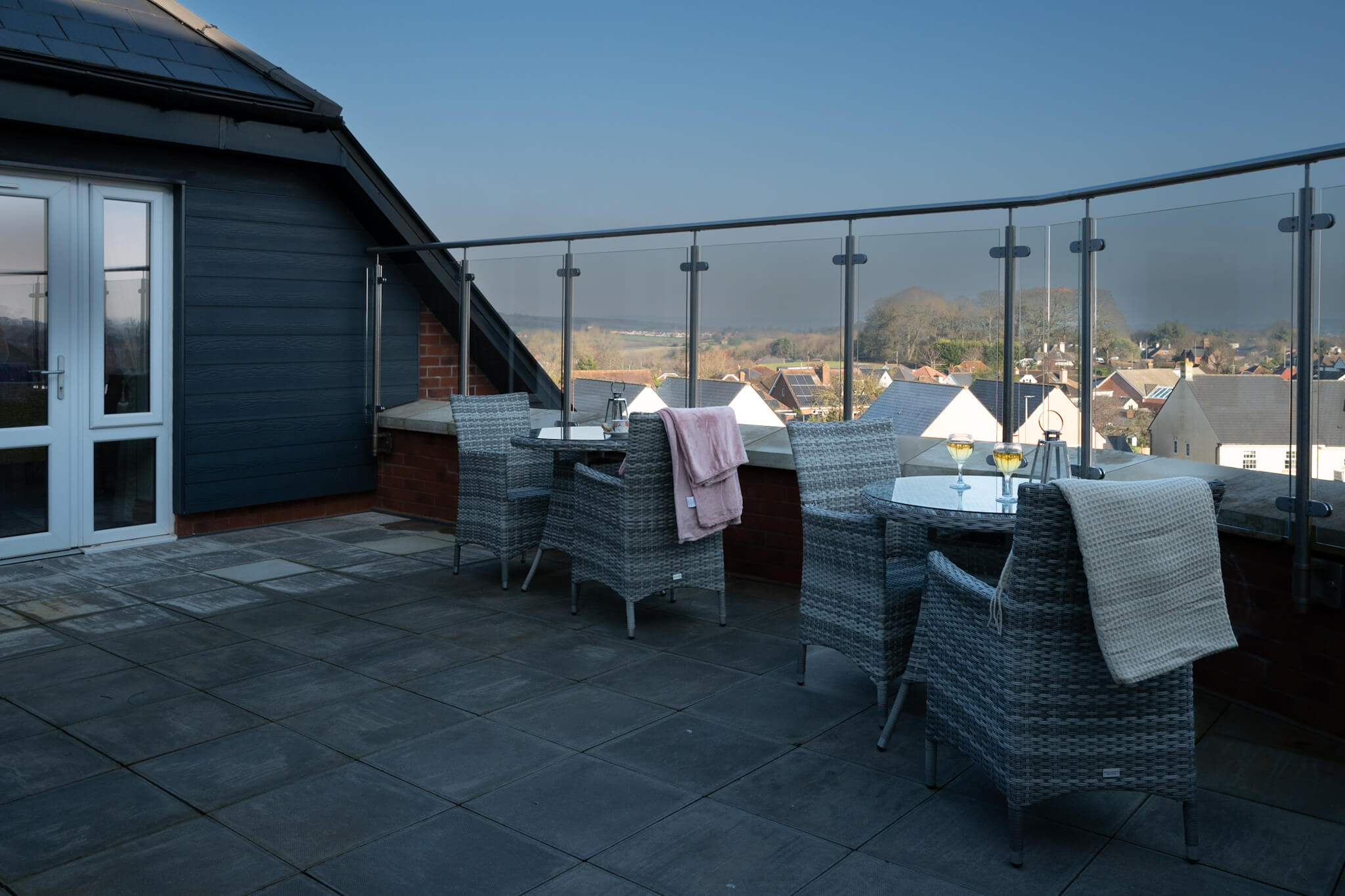

Our friendly, expert team is also on hand to provide practical advice based on experience to help support all residents and their loved ones. We welcome you to get in touch today to speak to a member of staff, or would like to learn more about life in a care home and how we can support you with mental and physical care.



